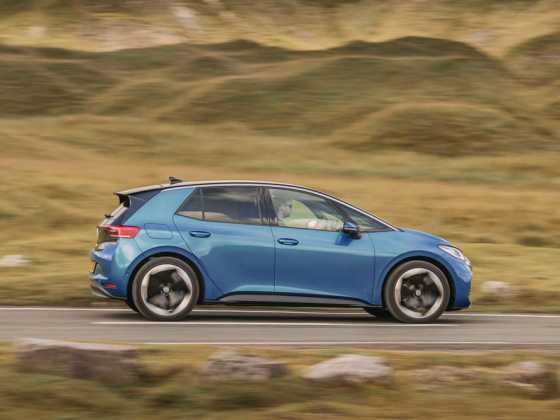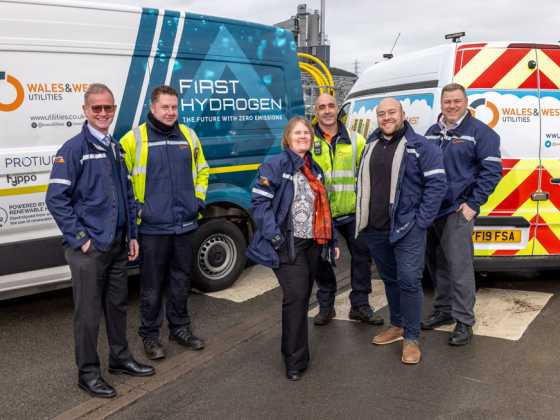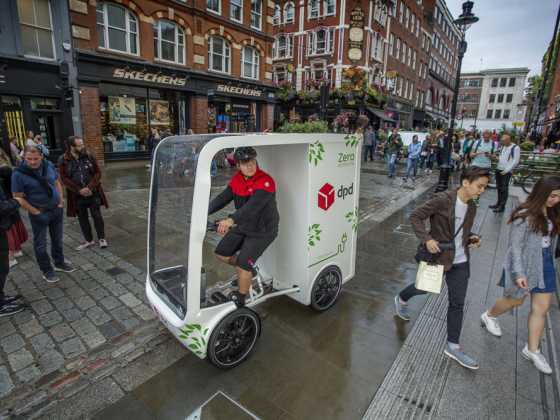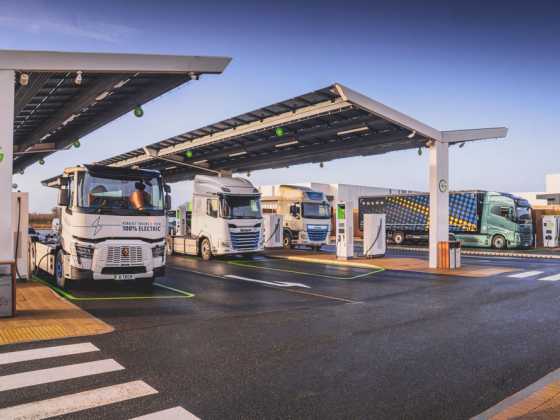Bridging the commuter transport gap through shared mobility

With the innovators of the world focusing efforts on how we decarbonise our economies, demand for sustainable transport solutions increases. Kevin Orr highlights why it’s time to think outside of the pre-designed public transport box when it comes to making commutes more environmentally-friendly and efficient
We know that the private car is an easy and convenient transport mode for commuting and business travel. But, over and above its soaring carbon emissions, it can pose additional challenges such as congestion, parking constraints and facilities charges. The key to reducing Scope 3 emissions is encouraging and incentivising modal shift.
Many employers have found that simply telling employees to “take the bus instead” is just not feasible. Even when public transport is well designed, it often does not cater for their employees specific journeys, such as accessing particular employment zones at certain times or from certain origins. This, alongside rising pressures to achieve regional and organisational net zero targets, is one of the major reasons why more organisations are choosing to implement their own shuttle buses, carpool programmes or other aspects of staff transport, in their own fleet management.
Liftango has been planning, launching and scaling shared mobility programmes across the globe since 2017, and became members of the Urban Mobility Partnership this year to help carry out its vision for a sustainable and multi-modal future.
Across the globe, Liftango sees organisations face different transport challenges. For example, in many areas of the US, large-scale business parks are often underserved by existing local transport routes due to their remote nature. Whereas here in the UK, where public transport routes are typically more prevalent, we’re currently seeing a juxtaposition of organisations wanting employees to travel more sustainably, whilst public transport services have had to cut back services due to budget restraints. This is widening the gap between commuter transport demand and supply.
Liftango, as Urban Mobility Partnership members focusing on sustainability, via on-demand shared transport, is helping to bridge this transport gap via two core shared transport technologies: a climate-positive carpooling platform, built within a private network which dynamically matches employees that are looking to share a similar journey to the workplace; and a corporate transport platform, which connects employees with a fixed-route or demand-responsive shuttle service through a mobile app and digital operations system.
Climate-positive carpooling
In England, the biggest polluter when it comes to employee commuting is single-occupancy vehicle use, with an average of 62 per cent of journeys being made by a single driver without passengers. However, adding just one more passenger to a car cuts the emissions by 50 per cent.
Carpool programmes are a low-cost way to encourage more sustainable travel to the workplace, proven by successful projects in the US and Australia, and growing further in popularity in the UK and Europe. The concept reduces the number of vehicles travelling to sites, promoting perks such as lower congestion and carbon emissions, alongside transport cost-savings and improved social relationships.
Local carpool initiatives to create a bigger impact: My Journey
My Journey is a fantastic example of how local businesses can unite to bridge the transport gap and together with Liftango create a larger, more effective force for good.
Liftango recently launched My Journey, the UK’s largest B2B car share network in the South of England. This project is a sustainable travel initiative from Southampton City Council, Hampshire County Council and Portsmouth City Council, who together use Liftango’s carpool platform to help 16 of the largest businesses in the Solent region including Ordnance Survey, Hampshire Fire and Rescue Service, University of Southampton, CooperVision and Portsmouth Hospital University NHS Trust, to offer sustainable commuting for staff and students, via green fleet and transport options.
Employees within the participating businesses can use the platform to travel more sustainably to and from their premises, whilst reducing congestion and easing parking pressures on their business. Funded by National Highways, this cooperative action allows businesses to make a bigger impact within their communities, and ultimately meet their net zero commitments more quickly.
Liftango provides the My Journey Workplaces network with personalised business dashboards to manage and report on usage and measure carbon emissions. It includes a user-friendly app for employees, which utilises a secure carpool network to dynamically match car sharers that take similar routes to work. There are prizes and incentives to reward those who sign up and choose to make more sustainable commuting decisions.
Accumulative CO2 savings through employee commutes
For the realists out there, it can be hard to visualise the accumulative results of such a project. Last year, we launched and supported a carpool project to reduce transport emissions for an electric vehicle manufacturer in the US.
18 months into using Liftango’s carpool platform, employees were completing approximately 15,000 trips per month. This took a huge pressure off parking requirements and enabled a subsequent saving of 380 tonnes of CO2.
Improving access for Thames Valley Park
Thames Valley Park were looking to improve their transport offering following the change in working habits, to entice people to spend more time back in the office. They wanted to collect and use trip data for better planning and analysis, and capture and report on Scope 3 impact calculations for tenant businesses.
Liftango implemented a process of data-driven transport design in partnership with Commutifi. The end result included improved shuttle services that efficiently connected the business park to train stations and key transport hubs, alongside on-demand flexible pickup services for areas with poor direct transport connections. The transport technology was integrated with their employee wellbeing app for workers to easily access information and plan their journeys within the one environment.
Through working with Liftango, Thames Valley Park is now able to better understand staff movements and attract high quality staff through site activation programs coupled with easier access. In the first three months, 50,000 trips have been taken on the new services.
Kevin Orr is CEO of Liftango, members of the Urban Mobility Partnership.






